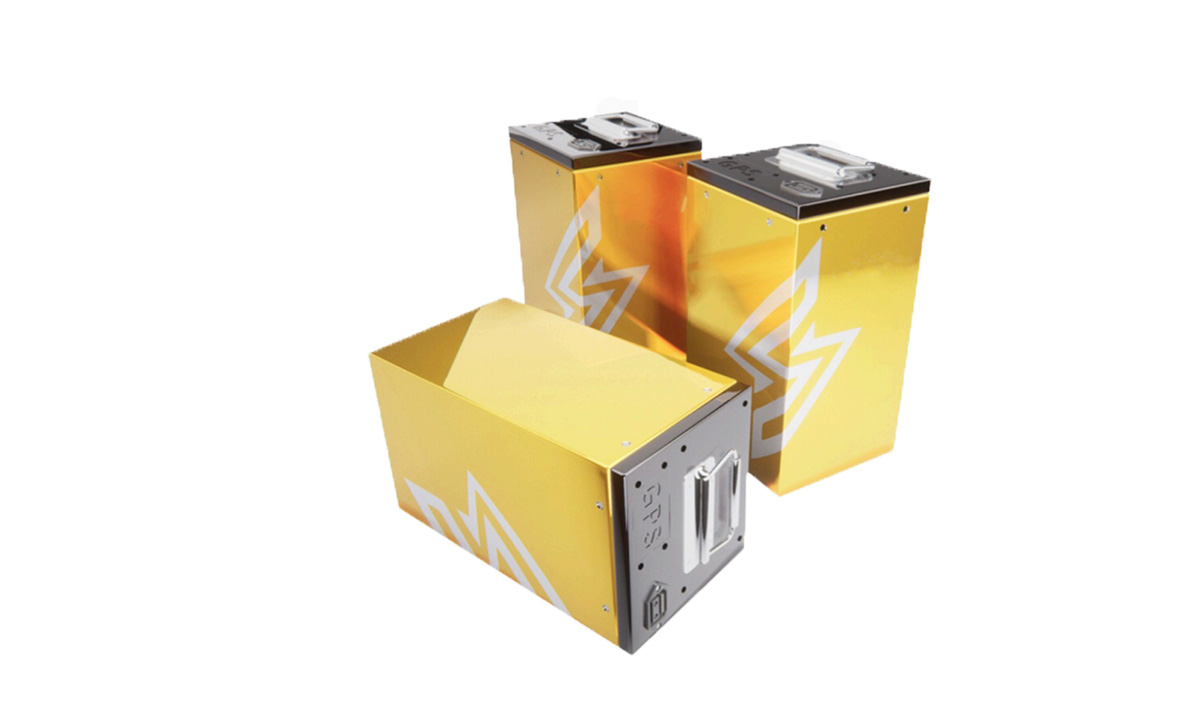What is the difference between ternary batteries and lithium batteries?

Lithium-ion ternary battery refers to a battery that uses lithium ions as charge transfer. Its main material is composed of three elements, usually Nickel, Cobalt and Manganese, so it is called ternary.
Compared with lithium batteries, ternary batteries have some differences in battery performance and characteristics:
Capacity and energy density: Compared with traditional lithium batteries, ternary batteries have higher capacity and energy density, that is, they can store more electrical energy per unit volume or unit mass. This means that ternary batteries can provide longer driving range and are suitable for high energy consumption applications.
Safety: Since ternary batteries use relatively less cobalt, compared with some lithium batteries, ternary batteries are better in terms of safety. Cobalt is a material prone to thermal runaway and oxidation. Excessively high temperatures may cause cobalt to pyrolyze in the battery, further causing the battery to overheat, fire or even explode. The use of ternary combination materials, especially reducing the cobalt content, helps improve the safety performance of batteries.
Cycle life: Compared with lithium batteries, ternary batteries have better cycle life and smaller capacity fading. Cycle life is the number of times a battery can be used continuously during charge and discharge cycles, while capacity fading refers to the gradual loss of energy storage capacity of the battery during use. The design and materials of the ternary battery can reduce capacity fading, allowing the battery to maintain high performance over long-term use.
It should be noted that there are still many different chemical combinations and technical configurations between different lithium batteries and ternary batteries. Therefore, different battery types may have other differences in characteristics and suitability for specific applications. When purchasing batteries, you need to consider factors such as capacity, energy density, safety, and cycle life to select the most suitable battery type and specifications based on your needs.
Science and TechnologyYou may be interested in these jobs
-
Senior Business Analyst
Found in: Jooble US O C2 - 2 days ago
CareFirst BlueCross BlueShield Washington DC, United StatesPurpose · Resp & Qualifications The Senior Business Analyst will have the responsibility to ensure that the business's need for changes to processes, policies and/or information systems are identified, understood, defined, documented and acted upon by eliciting, analyzing, docu ...
-
Commercial Cleaner PT
Found in: ZipRecruiter Test10S US C2 - 1 day ago
ServiceMaster Services by Gibson Exton, United StatesJob Description · Job DescriptionServiceMaster is currently looking for Part-Time night cleaners Monday Friday, 4 hr shifts available in the Malvern area. · Required backgrounds: Must be able to obtainAct 34 PA State Police Clearance Checks · Act 151 Child Abuse Clearance · FBI F ...
-

Production Associate
Found in: One Red Cent US C2 - 2 days ago
Bimbo Bakeries USA La Crosse, United StatesProduction Associatereq38797Employment Type: · RegularLocation: LA CROSSE,WIHave you ever enjoyed Arnold, Brownberry or Oroweat bread? A Thomas' English muffin or bagel? Or perhaps snacked on a Sara Lee, Entenmann's or Marinela cake or donut? If the answer is yes, then you know B ...


Comments